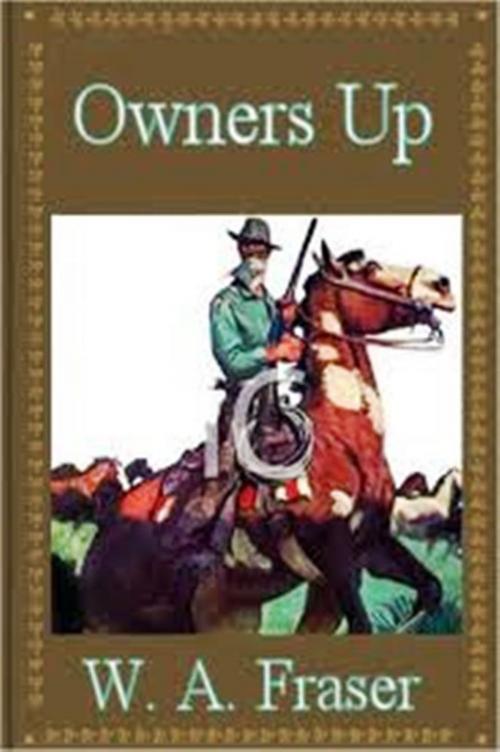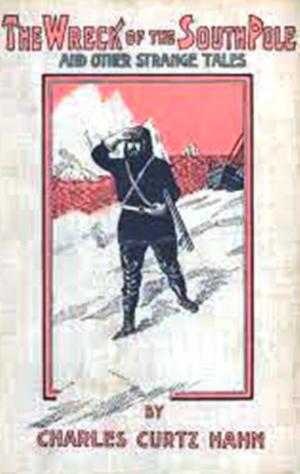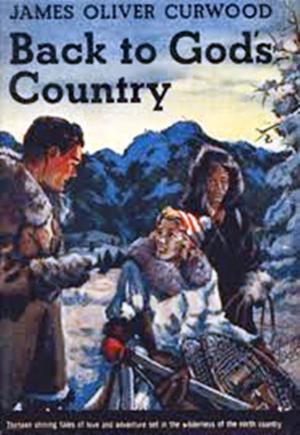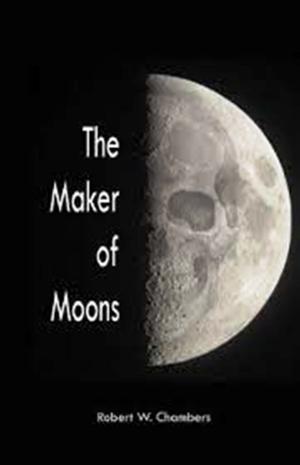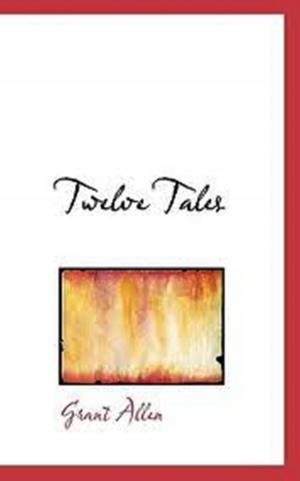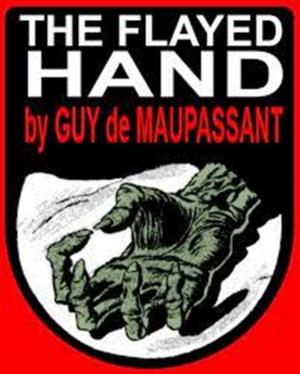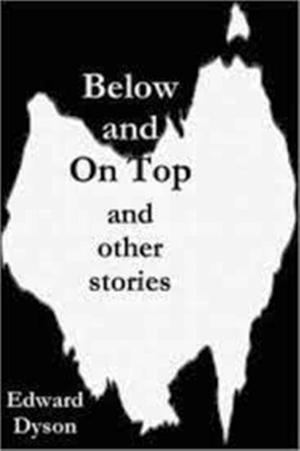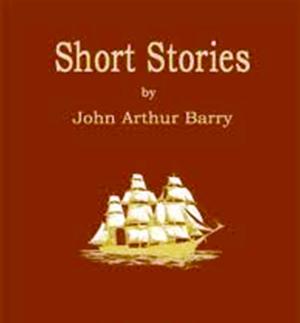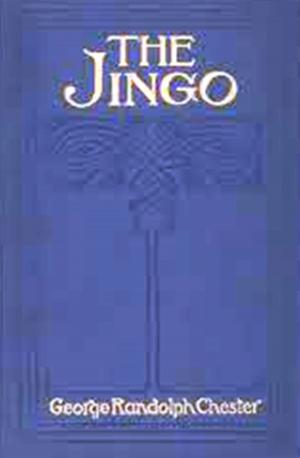| Author: | W.A. Fraser | ISBN: | 1230000193042 |
| Publisher: | WDS Publishing | Publication: | October 29, 2013 |
| Imprint: | Language: | English |
| Author: | W.A. Fraser |
| ISBN: | 1230000193042 |
| Publisher: | WDS Publishing |
| Publication: | October 29, 2013 |
| Imprint: | |
| Language: | English |
CLATAWA had put racing in Walla Walla in cold storage.
You can't have any kind of sport with one individual, horse or man, and Clatawa had beaten everything so decisively that the gamblers sat down with blank faces and asked, "What's the use?"
Horse racing had been a civic institution, a daily round of joyous thrills—a commendable medium for the circulation of gold. The Nez Perces Indians, who owned that garden of Eden, the Palouse country, and were rich, would troop into Walla Walla long rolls of twenty-dollar gold pieces plugged into a snake-like skin till the thing resembled a black sausage, and bet the coins as though they were nickels.
It was a lovely town, with its straggling clap-boarded buildings, its U.S. Cavalry post, its wide-open dance halls and gambling palaces; it was a live town was Walla Walla, squatting there in the center of a great luxuriant plain twenty miles or more from the Columbia and Snake Rivers.
Snaky Dick had roped a big bay with black points that was lord of a harem of wild mares; he had speed and stamina, and also brains; so they named him "Clatawa," that is, "The-one-who-goes-quick." When Clatawa found that men were not terrible creatures he chummed in, and enjoyed the gambling, and the racing, and the high living like any other creature of brains.
He was about three-quarter warm blood. How the mixture nobody knew. Some half-bred mare, carrying a foal, had, perhaps, escaped from one of the great breeding ranches, such as the "Scissors Brand Ranch" where the sires were thoroughbred, and dropped her baby in the herd. And the colt, not being raced to death as a two-year-old, had grown into a big, upstanding bay, with perfect unblemished bone, lungs like a blacksmith's bellows and sinews that played through unruptured sheaths. His courage, too, had not been broken by the whip and spur of pin-head jocks. There was just one rift in the lute, that dilution of cold blood. He wasn't a thoroughbred, and until his measure was taken, until some other equine looked him in the eye as they fought it out stride for stride, no man could just say what the cold blood would do; it was so apt to quit.
At first Walla Walla rejoiced when Snaky Dick commenced to make the Nez Perces horses look like pack mules; but now had come the time when there was no one to fight the "champ," and the game was on the hog, as Iron Jaw Blake declared.
CLATAWA had put racing in Walla Walla in cold storage.
You can't have any kind of sport with one individual, horse or man, and Clatawa had beaten everything so decisively that the gamblers sat down with blank faces and asked, "What's the use?"
Horse racing had been a civic institution, a daily round of joyous thrills—a commendable medium for the circulation of gold. The Nez Perces Indians, who owned that garden of Eden, the Palouse country, and were rich, would troop into Walla Walla long rolls of twenty-dollar gold pieces plugged into a snake-like skin till the thing resembled a black sausage, and bet the coins as though they were nickels.
It was a lovely town, with its straggling clap-boarded buildings, its U.S. Cavalry post, its wide-open dance halls and gambling palaces; it was a live town was Walla Walla, squatting there in the center of a great luxuriant plain twenty miles or more from the Columbia and Snake Rivers.
Snaky Dick had roped a big bay with black points that was lord of a harem of wild mares; he had speed and stamina, and also brains; so they named him "Clatawa," that is, "The-one-who-goes-quick." When Clatawa found that men were not terrible creatures he chummed in, and enjoyed the gambling, and the racing, and the high living like any other creature of brains.
He was about three-quarter warm blood. How the mixture nobody knew. Some half-bred mare, carrying a foal, had, perhaps, escaped from one of the great breeding ranches, such as the "Scissors Brand Ranch" where the sires were thoroughbred, and dropped her baby in the herd. And the colt, not being raced to death as a two-year-old, had grown into a big, upstanding bay, with perfect unblemished bone, lungs like a blacksmith's bellows and sinews that played through unruptured sheaths. His courage, too, had not been broken by the whip and spur of pin-head jocks. There was just one rift in the lute, that dilution of cold blood. He wasn't a thoroughbred, and until his measure was taken, until some other equine looked him in the eye as they fought it out stride for stride, no man could just say what the cold blood would do; it was so apt to quit.
At first Walla Walla rejoiced when Snaky Dick commenced to make the Nez Perces horses look like pack mules; but now had come the time when there was no one to fight the "champ," and the game was on the hog, as Iron Jaw Blake declared.
